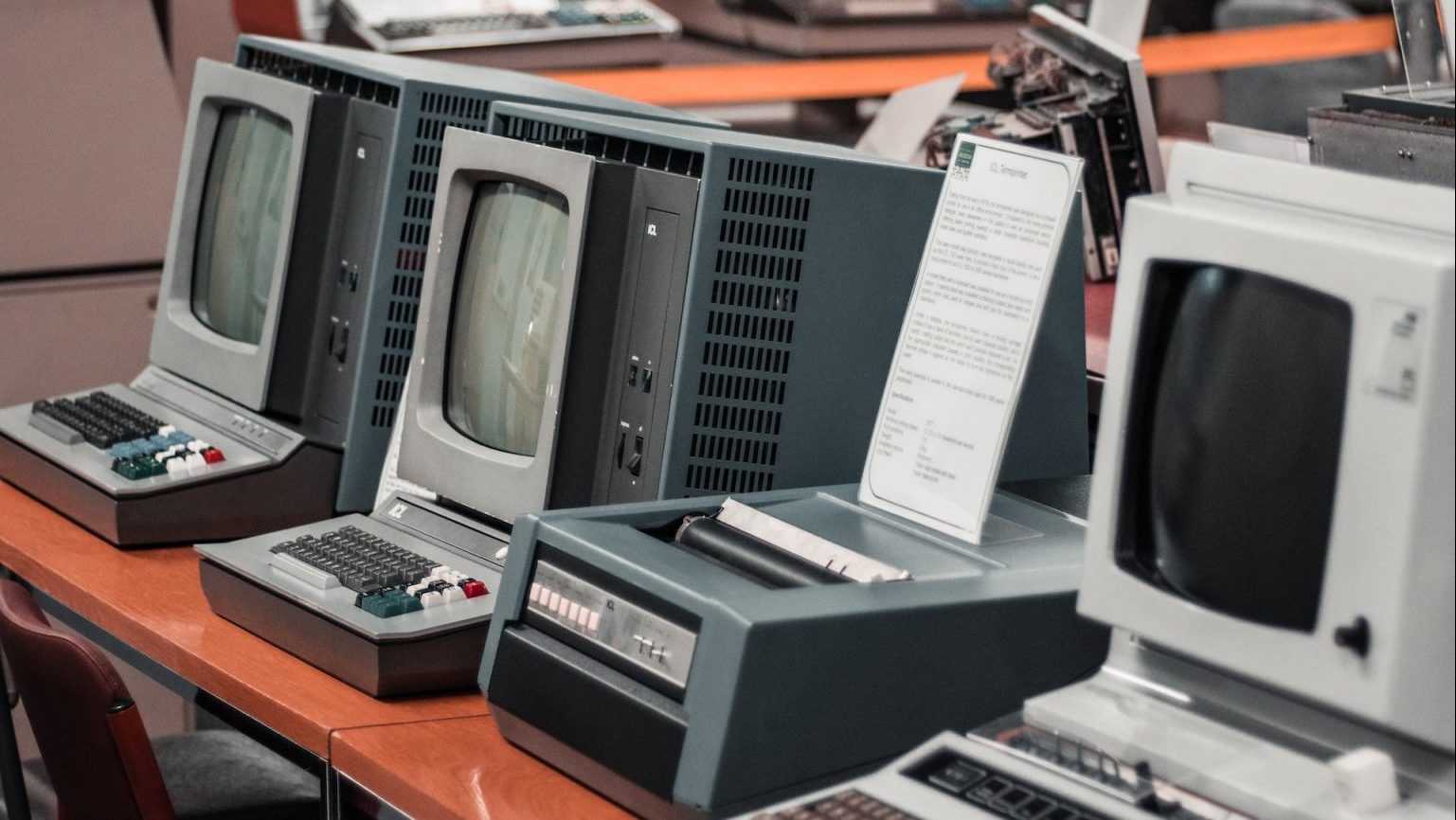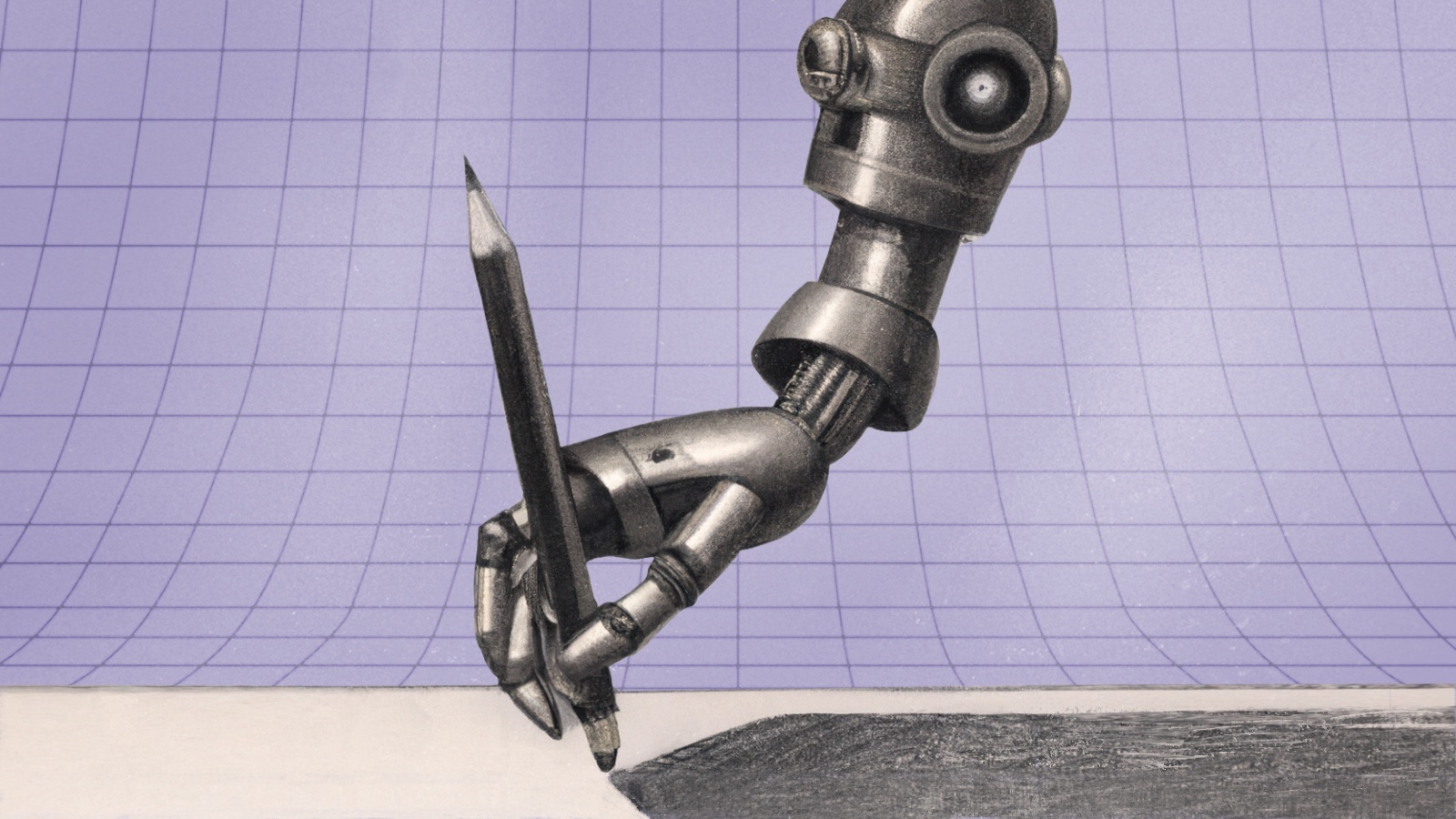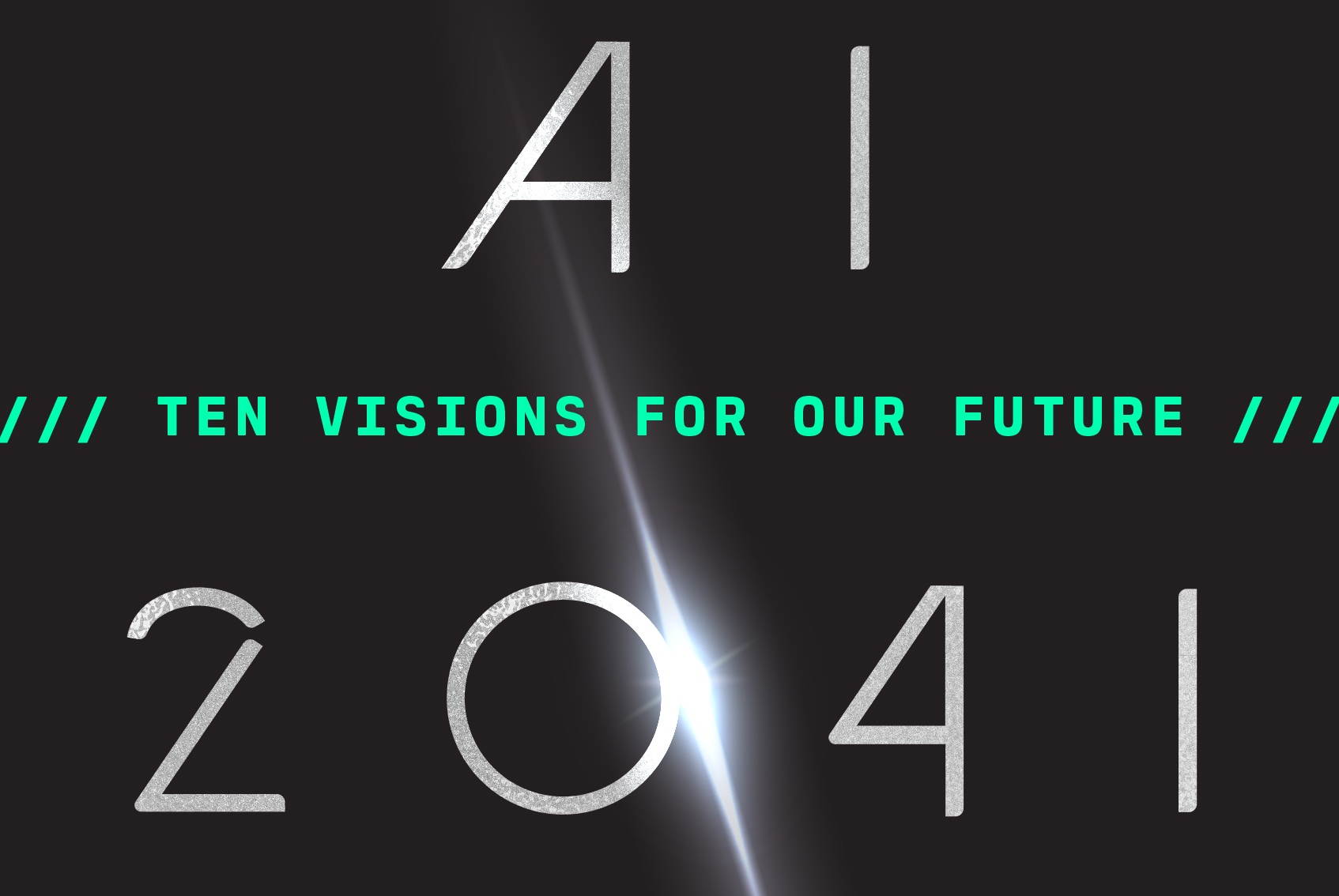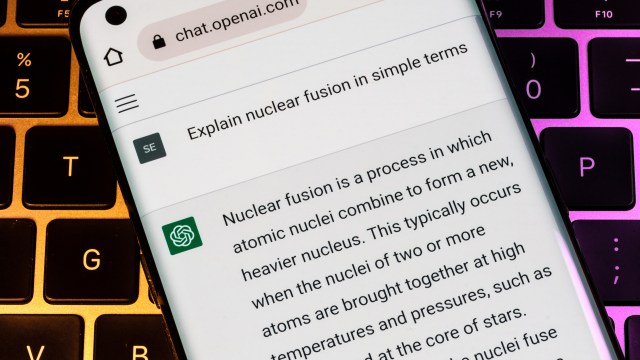People destroyed printing presses out of fear. What will we do to AI?
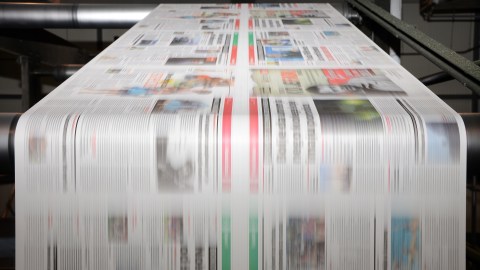
- New technologies have always scared people. When the printing press was invented, Scribes’ Guilds destroyed the machines and chased book merchants out of town.
- Today, it’s hard to view the printing press as a disastrous blot on history, but that’s exactly how many people perceived it at the time.
- Just like today with AI, people worried about job security and the spread of disinformation. Everything ended up alright. Society changes, but it doesn’t break down.
Most people, most of the time, hate change. A lot of people fear it, too. And, when you get hate and fear, you often will find anger and suppression follow not far behind. This is true in the technology world. If you read the media around the time of a “big new technology,” you will find striking similarities. You’ll find sneering — “I don’t see the fuss!” — and you’ll find fearmongering — “This will spell the end of modern civilization!”
The latest to be subjected to this societal ritual is OpenAI. OpenAI is a company that runs an artificial intelligence that can respond to chat in a plausible and helpful way (with ChatGPT). It can run pretty much any request for you, and it does well, most of the time. It can write articles, top-grade essays, or limericks about Plato’s beard. The Big Think Executive Editor tested its college-level microbiology skills, and it passed. Actually, it passed easily. (It didn’t do so well in physics, though.) It has all kinds of people with their arms in the air, shocked and disturbed. The human era is over. All hail AI.
In some ways, this kind of knee-jerk gasping is part of being human. Whenever a new technology comes on the scene — especially a disruptive one — we worry about what the world might look like afterward. But progress is not new. Innovation and invention happen all the time. History is littered with revolutions and paradigm shifts.
One of the most famous revolutionary inventions of all time was the printing press. How, then, does our modern reaction to OpenAI compare to this? And what lessons can we learn?
Chased out of town
In the years just after the invention of Gutenberg’s printing press, there was a lot of money to be made. A few early investors and savvy entrepreneurs knew they could sell mass-produced books at hand-made prices. The markets had not caught on to just how easily Gutenberg made book production. In fact, one such printer, Peter Schöffer, even had his trainees sign an agreement that they would keep the secret of the press to themselves. So, for ten years, German book merchants turned a handsome profit.
Johann Fust was one such wily merchant. He toured Europe trying to sell the “42-Line Bible” (otherwise called the Gutenberg Bible), and often came back home with gold-heavy purses. But, things turned sour when he went to Paris. On paper, Paris was a great idea: With over 10,000 students at the Sorbonne, mostly studying at least some theology, his Bible should have been a hot sell. What Fust didn’t foresee, though, was the political and financial heft of the Scribes’ Guilds. Guilds were the unrestrained and murderously aggressive precursors of the modern union. When Fust turned up with his cheaply produced books, they chased him out of town and accused him of witchcraft — no light matter in an age of burnings at the stake and inquisitions.
All over Europe, similar scenes played out. Printers had their presses broken and their offices destroyed. Religious leaders condemned the new books as the Devil’s work. In 1501, Pope Alexander VI even threatened to excommunicate anyone caught printing books without the church’s permission. The clergy worried what it would do for learning generally, while monk-scribes worried about their jobs. One such monk, Johannes Trithemius, argued “Printed books will never be the equivalent of handwritten codices, especially since printed books are often deficient in spelling and appearance.” Ironically, his paper was disseminated by the printing press.
OpenAI
Of course, the printing press did not go away. It transformed and catalyzed learning across the world. It spread the Reformation across Europe (which is also ironic, given Gutenberg was a Catholic who wanted to popularize the Catholic Bible). Books became more affordable, so the everyday man could buy them (even if most couldn’t read them). Within a few hundred years, books, newspapers, and magazines were everywhere. Today, it’s hard to view the printing press as a disastrous blot on history, but that’s exactly how many people perceived it at the time.
In some ways, then, OpenAI is history repeating itself. The fact that AI could one day write sophisticated and practical responses to everyday questions is probably not that surprising. The fact that it can do so now and with such efficiency, is. Within days, the implications were being turned over. “The College Essay Is Dead”, wrote The Atlantic, and I’m not the only journalist looking sideways at what this means for job security. Even coders are worried: ChatGPT has been banned on the coding site Stack Overflow, for example.
Nothing new under the sun
To what extent can we compare the technophobia of the printing press with that of today’s OpenAI?
First, in the 1500s, people worried about the easy dissemination of false information by mass produced pamphlets. Today, it’s said that ChatGPT risks producing plausible sounding but incorrect responses. For instance, this professor found that it constructs entirely fake biographies. Similarly, the reason Stack Overflow banned ChatGPT is because its code is often found to be faulty. So, the objections in both cases have been proved right. But even though a lot of books and newspapers are filled with nonsense, the printing press — and its digital child, the internet — are mostly good things. Likewise, while ChatGPT can get things wrong, it more often gets things right.
Second, when Gutenberg’s press came out, all sorts of vested interests were worried about their jobs. The Scribes’ Guilds all over Europe smashed presses and intimidated printers. Both secular and ecclesiastical authorities worried about how it might undermine their power. Today, OpenAI threatens many jobs. Writers and coders must be at least a bit worried. But just as the printing press led to the creation of all sorts of new jobs, the same will be true of AI.
Society finds a way
There is one other notable similarity between the two cases: Technology proves irrepressible. Despite all the powerful and wealthy objectors, the printing press transformed the world. Today, it’s almost impossible to imagine how OpenAI could be suppressed. Even if schools or universities ban access to the site, students have VPNs and cell phones. Even if OpenAI is shut down, it’s already proven so popular that alternatives will pop up in its place.
When an invention comes along that threatens to transform or invert society as we know it, it’s natural to be concerned. It’s part of human nature to prefer the familiar and known. But, if there’s one thing the history of technology and progress teaches us is that we’re a hugely adaptive and innovative species. Scribes needed to learn how to print, and it will probably be that writers will need to learn to use AI. Society changes, but it doesn’t break down.
There will always be a future, and before long, it will just be the new normal.

